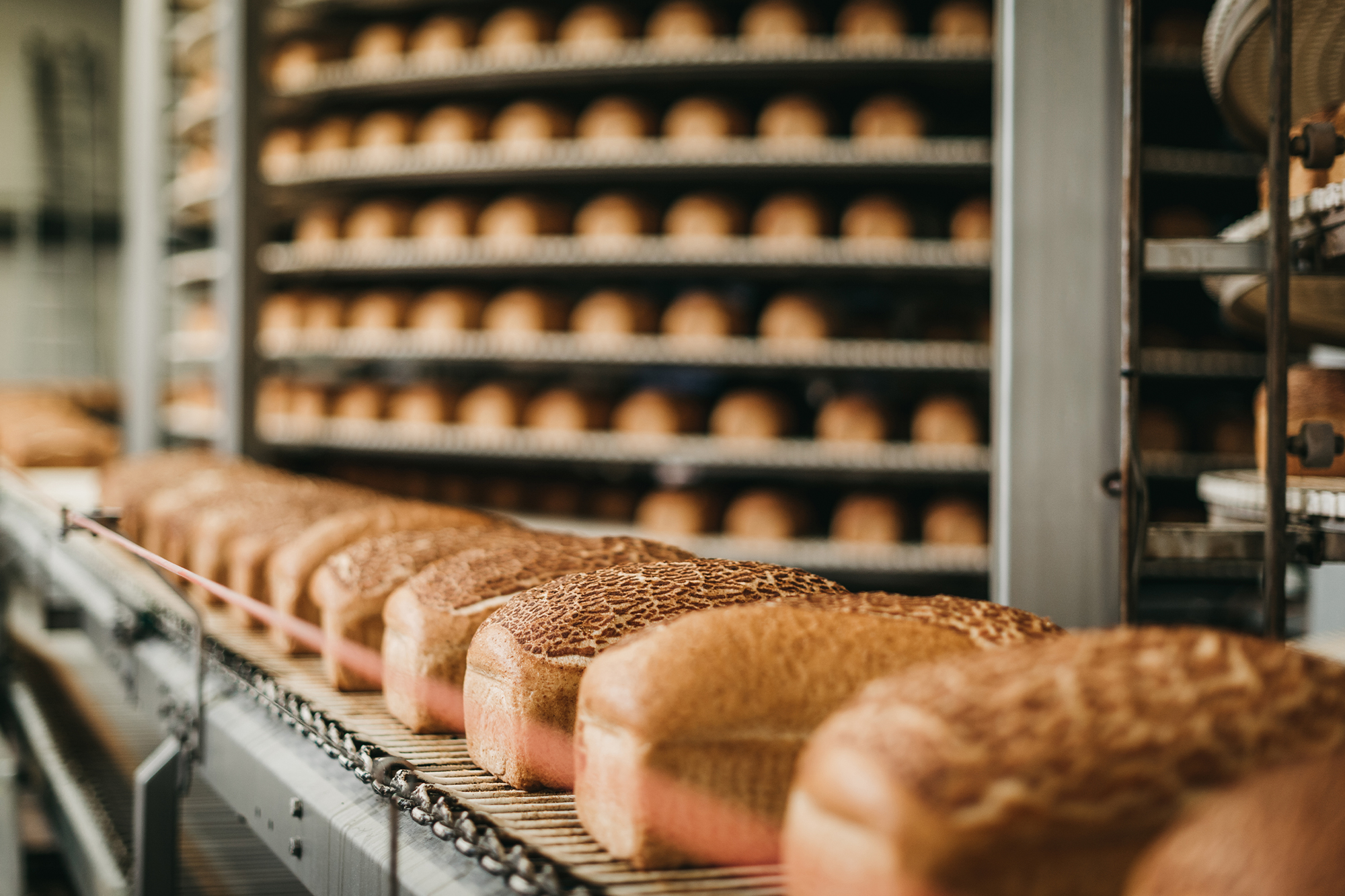
For bakers across the world, the idea of automating the delicate craftsmanship of artisan bread is nothing short of blasphemy. But with the precision and versatility of modern industrial bakery machinery, it’s possible to combine this ancient practice with high-speed automation to mass produce delicious artisanal products.
What is artisan bread?
While the term artisan bread carries connotations of freshness, lightness, and quality, it doesn’t have a Standard of Identity set by the FDA. That means there’s no definition for the specific ingredients, processing conditions, or final characteristics required to be considered an artisan bread.
Instead, what makes an artisan bread lies in its production and presentation. As opposed to the factory lines of commercial bread, artisan bread is traditionally handmade in small batches.
Examples of artisan breads include:
- Baguettes
- Focaccia
- Ciabatta
- Sourdough
- Naturally leavened multigrain and white breads
- Country loaves
- Panettone
How is artisan bread produced?
One of the greatest appeals of artisan bread is that each product is unique. Where commercial bread tightly controls ingredients, gasses, pressure and timing for an identical product each time, artisan bread allows greater creativity and experimentation. This gives each product a distinct flavor, aroma, crumb and structure that commercial bread lacks.
Typically, the dough for artisan bread uses only a handful ingredients, including flour, water, salt, and yeast. It’s characterized by a lean formula with very little sugar or fat, and doesn’t use chemical additives or dough conditioners.
Once the dough has been kneaded, it’s left to ferment for several hours. This high fermentation leads to an increase in air pockets, making the bread soft and fluffy. It’s then baked in the radiant heat of hearth-style ovens.
Since each product is different, artisan bread is usually sold unpackaged. The lack of artificial preservatives also means it doesn’t have a long shelf life, and so must be bought and eaten very quickly after baking.
What are the difficulties in cutting and packaging artisan bread?
The lack of consistency in artisan bread makes it very appealing for the customer. But since the weight, size and thickness of each product is different, it can be tricky for the baker to process. Each recipe for artisan bread requires different slicing and bagging equipment.
But the biggest difficulty in cutting and packaging artisan bread is the need for gentle handling. Squeezing the dough too much or slicing artisan bread incorrectly releases the air trapped during fermentation. This leads to poor texture, and a lower quality product.
How to automate the production of artisan bread
With the need for long fermentation times, highly adaptable tools, and delicate handling, automating the production of artisan bread might seem impossible. But all you need to mass-produce high-quality artisan bread is an effective customized solution.
Your chosen industrial bakery machinery should be designed to relieve as much stress as possible. For example, the compression rollers of conventional sheeters will force dough through a tight space, so artisan bread requires a more delicate reduction system.
Similarly, the bread’s characteristic softness might suggest that a wide-pitched blade is the best option. But many artisan breads also have a hard crust. For these, a narrow-pitched blade is needed for a finer cut.
Artisan bread that’s served in single portions also requires a highly adaptable packaging system. This allows you to switch between different product types efficiently, reducing potential downtime.
Find the perfect industrial bakery machinery for your artisan bread
Our wide range of automated industrial bakery machinery means we probably have the perfect equipment for you, which you can easily find using our short product quiz.
But if you need a customized solution, we’re here to build, provide, and maintain a machine that’s specifically designed to match your needs and available workspace. Contact us today, and we’ll match you with the tools to automate the production of your artisan bread.
